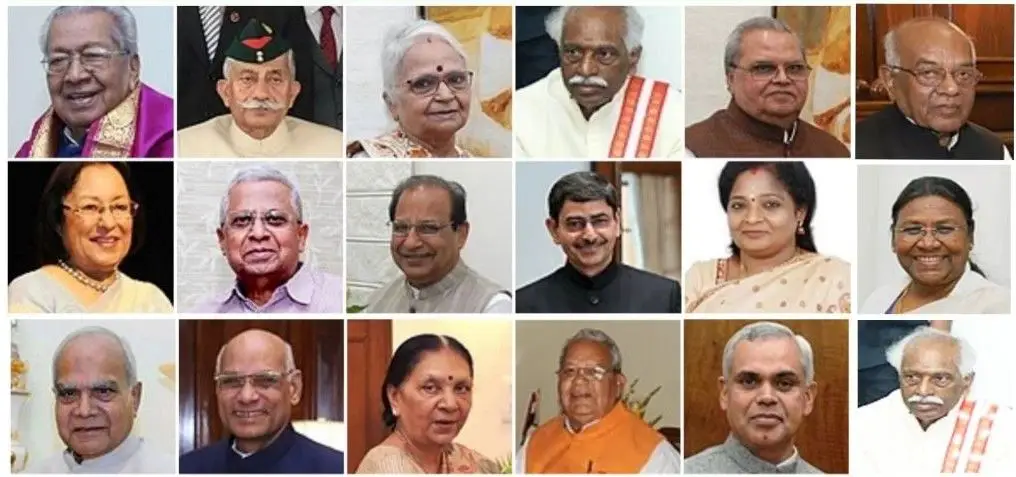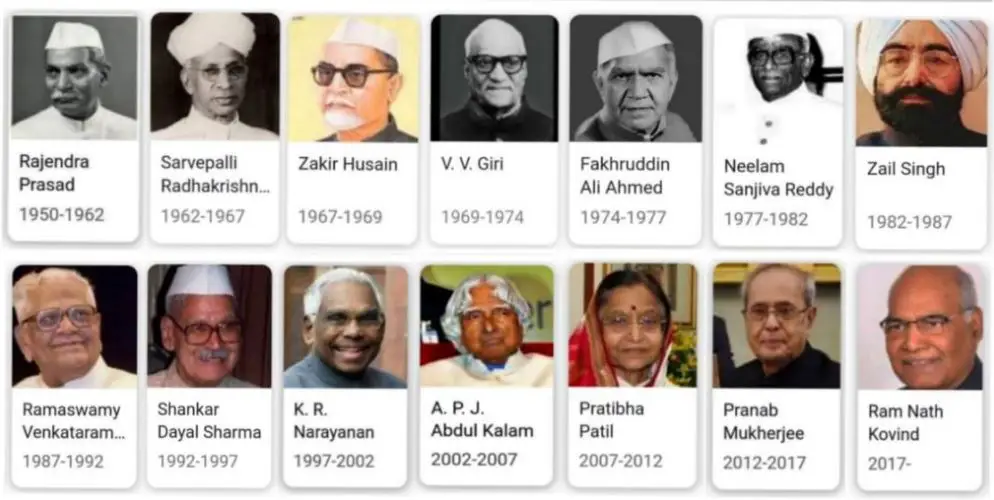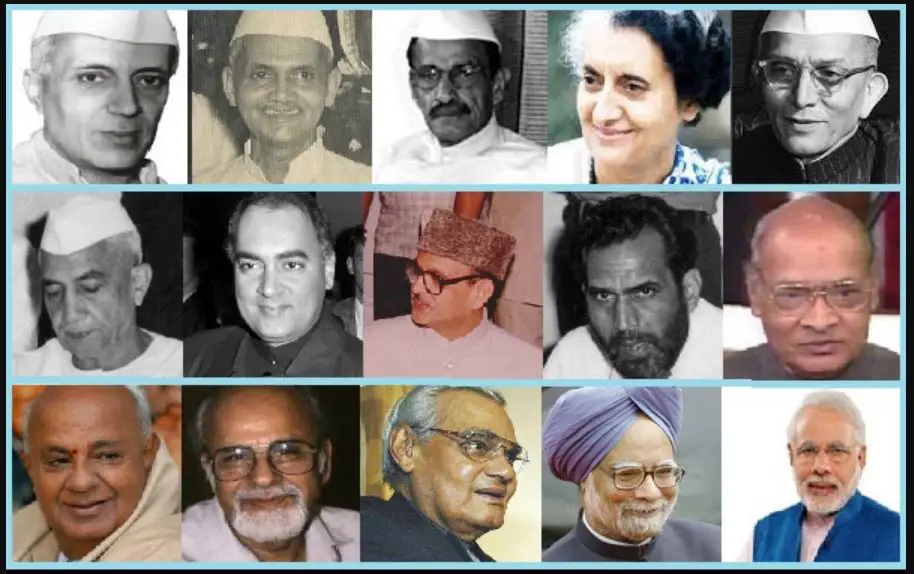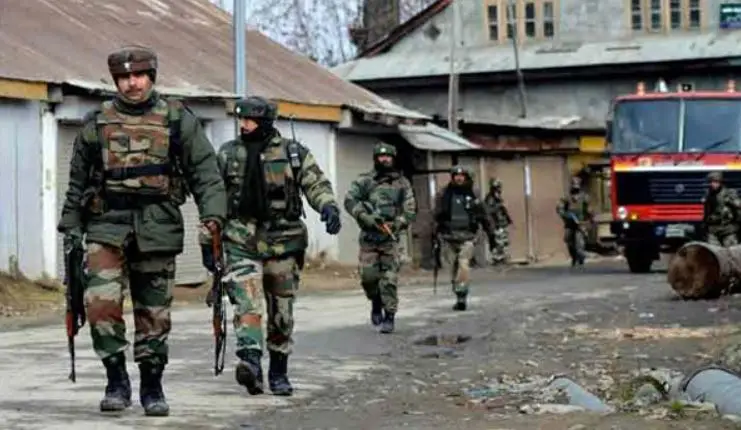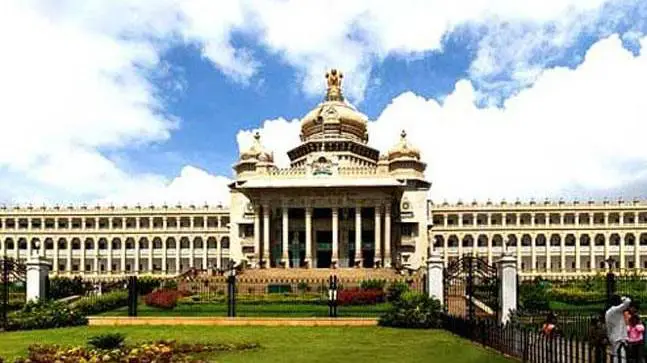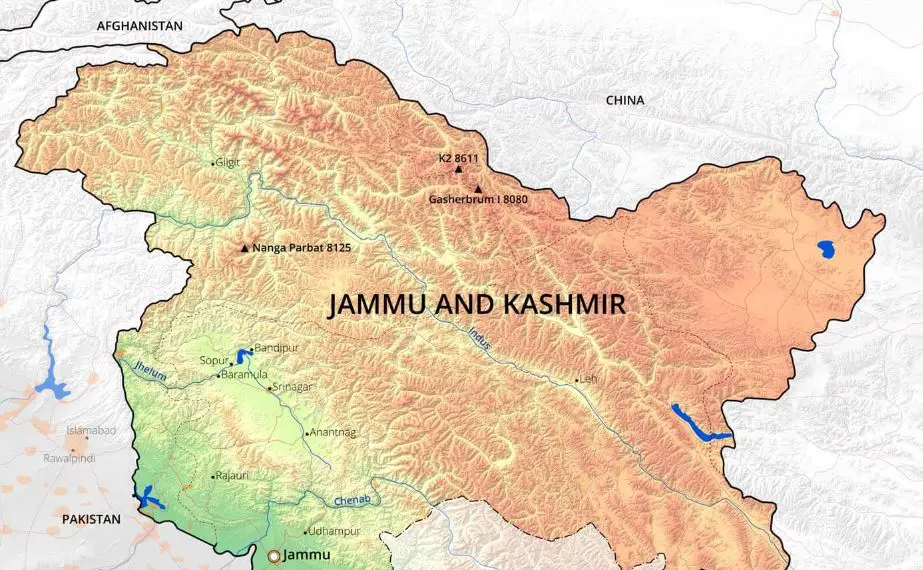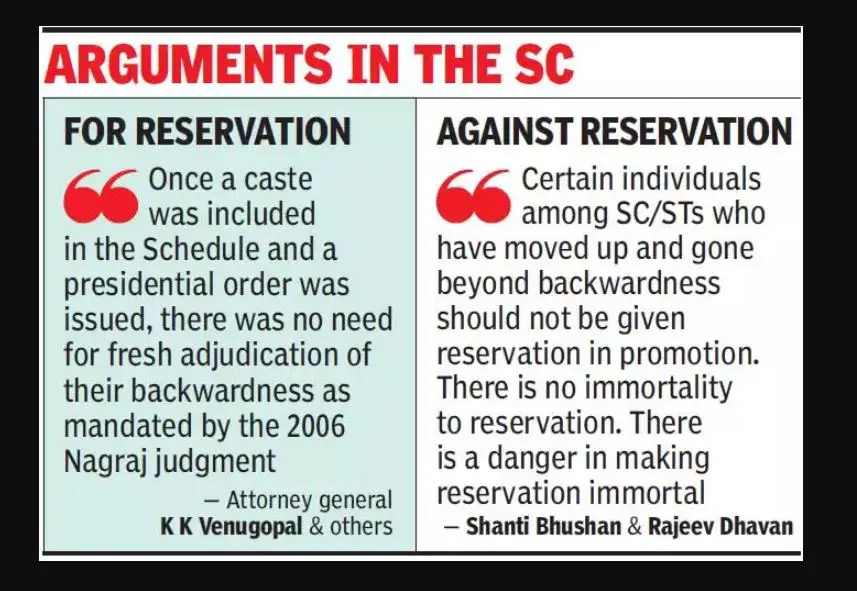Table of Contents
Governor’s Powers and Functions | UPSC – IAS
The governor is the chief executive head of the state. The governor acts as the nominal head whereas the real power lies with the Chief ministers of the states and his/her councils of ministers.
The governor also acts as an agent of the central government. Therefore, the office of governor has a dual role. Usually, there is a governor for each state, but the 7th Constitutional Amendment Act of 1956 facilitated the appointment of the same person as a governor for two or more states.
- Governors exist in the states while lieutenant governors exist in union territories and in the National Capital Territory of Delhi.
- The Governors and Lieutenant Governors/Administrators of the states and union territories of India have similar powers and functions at the state level as that of the President of India at Union level.
- A governor possesses executive, legislative, financial and judicial powers more or less analogous to the President of India. However, he has no diplomatic, military or emergency powers like the president.
Powers and functions of the governor of state
The primary function of the governor is to preserve, protect and defend the constitution and the law as incorporated in his/her oath of office under Article 159 of the Indian constitution in the administration of the State affairs.
Executive Powers of Indian Governor | UPSC – IAS
The Council of Ministers remain in power during the ‘pleasure’ of the governor, but in the real sense it means the pleasure of obtaining majority in the Legislative Assembly. As long as the majority in the State Legislative Assembly supports the government, the Council of Ministers cannot be dismissed.
- All executive actions of the government of a state are formally taken in his name. He can make rules specifying the manner in which the Orders and other instruments made and executed in his name shall be authenticated.
- He can make rules for more convenient transaction of the business of a state government and for the allocation among the ministers of the said business.
- He can make the rules for more convenient transaction of business of the state government are made by
- He can recommend the imposition of constitutional emergency in a state to the president. During the period of President’s rule in a state, the governor enjoys extensive executive powers as an agent of the President.
- He acts as the chancellor of universities in the state. He also appoints the vice-chancellors of universities in the state.
Governor Appoints the following:-
- The chief minister and other ministers. They also hold office during his pleasure.
- Tribal Welfare minister in the states of Chattisgarh, Jharkhand, Madhya Pradesh and Odisha.
- Advocate general of a state and determines his remuneration. The advocate general holds office during the pleasure of the governor.
- The state election commissioner and determines his conditions of service and tenure of office.
- The chairman and members of the state public service commission. However, they can be removed only by the president and not by a governor.
- He also appoints persons to the judicial service of the state (other than district judges) in consultation with the state high court and the State Public Service Commission.
- He can appoint any member of the State legislative assembly to preside over its proceedings when the offices of both the Speaker and the Deputy Speaker fall vacant.
- Governor can appoint any member of the state legislature council to preside over its proceedings when the offices of both Chairman and Deputy Chairman fall vacant.
Legislative Powers of Indian Governor | UPSC – IAS
The Governor summons the sessions of both houses of the state legislature and prorogues them. The governor can even dissolve the State Legislative Assembly. These powers are formal and the governor while using these powers must act according to the advice of the Council of Ministers headed by the Chief Minister.
- He can address the state legislature at the commencement of the first session after each general election and the first session of each year.
- He can send messages to the house or houses of the state legislature, with respect to a bill pending in the legislature or otherwise.
- When the state legislature is not in session and the governor considers it necessary to have a law, then the governor can promulgate ordinances. These ordinances are submitted to the state legislature at its next session. They remain valid for no more than six weeks from the date the state legislature is reconvened unless approved by it earlier.
- He nominates one-sixth of the members of the state legislative council from amongst persons having special knowledge or practical experience in literature, science, art, cooperative movement and social service.
- He can nominate one member to the state legislature assembly from the Anglo-Indian Community.
- He decides on the question of disqualification of members of the state legislature in consultation with the Election Commission.
- Governor can ask the Advocate General to attend the proceedings of both houses of the state legislature and report to him any unlawful functioning if any.
- Governor is empowered under Article 192 to disqualify a member of a House of the State legislature when the election commission recommends that the legislator is no longer complying with provisions of Article 191.
Financial Powers of Indian Governor | UPSC – IAS
The governor causes to be laid before the State Legislature the annual financial statement which is the State Budget.
- Money bills can be introduced in the state legislature only with his prior recommendation.
- No demand for a grant can be made except on his recommendation.
- He can make advances out of the Contingency Fund of the state to meet any unforeseen expenditure.
- He constitutes a finance commission after every five years to review the financial position of the panchayats and the municipalities.
Judicial Powers of Indian Governor | UPSC – IAS
The judicial powers and functions of the governor are:-
- He is consulted by the president while appointing the judges of the concerned state high court.
- He makes appointments, postings and promotions of the district judges in consultation with the state high court.
Discretionary powers of Indian Governor | UPSC – IAS
- When no party gets a clear majority, the governor has discretion to choose a candidate for chief minister who will put together a majority coalition as soon as possible.
- He submits reports on his own to the president or on the direction of the president regarding the affairs of the state.
- Reservation of a bill for the consideration of the President.
- Recommendation for the imposition of the President’s Rule in the state.
- He can withhold his assent to a bill and send it to the president for his approval.
- During emergency rule per Article 353, he can override the advice of the council of ministers if specifically permitted by the president.
- Seeking information from the chief minister with regard to the administrative and legislative matters of the state.
- Determining the amount payable by the Government of – Assam, Meghalaya, Tripura and Mizoram to an autonomous Tribal District Council as royalty accruing from licenses for mineral exploration
Pardoning powers of Indian Governor | UPSC – IAS
- He can pardon, reprieve, respite, remit, suspend or commute the punishment or sentence of any person convicted of any offence against a state law only.
- He cannot pardon a death sentence. Even if a state law prescribes for death sentence, the power to grant pardon lies with the President and not the governor. But, the governor can suspend, remit or commute a death sentence.
- He cannot grant pardon, reprieve, respite, suspension, remission or commutation in respect to punishment or sentence by a court-martial.
Veto powers of Indian Governor | UPSC – IAS
In relation to ordinary bill – After it is passed by the legislative assembly in case of a unicameral legislature or by both the Houses in case of a bicameral legislature either in the first instance or in the second instance, is presented to the governor for his assent. He has four alternatives:
- Governor may give his assent to the bill, the bill then becomes an act.
- He may withhold his assent to the bill, the bill then ends and does not become an act.
- Governor may return the bill for reconsideration of the House or Houses. If the bill is passed by the House or Houses again with or without amendments and presented to the governor for his assent, the governor must give his assent to the bill. Thus, the governor enjoys only a ‘suspensive veto’.
- He may reserve the bill for the consideration of the President.
In relation to Money Bill – The governor cannot return a money bill for the reconsideration of the state legislature.
Note:- Normally, the governor gives his assent to a money bill as it is introduced in the state legislature with his previous permission.

